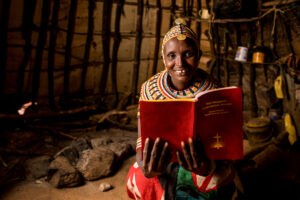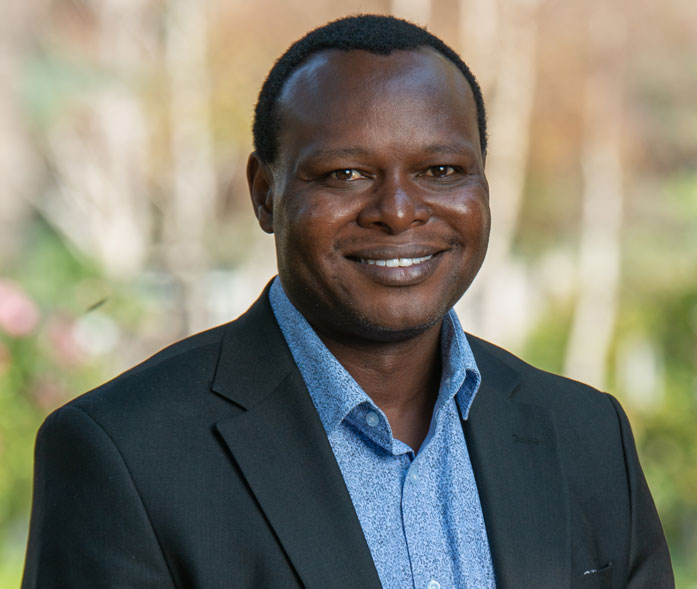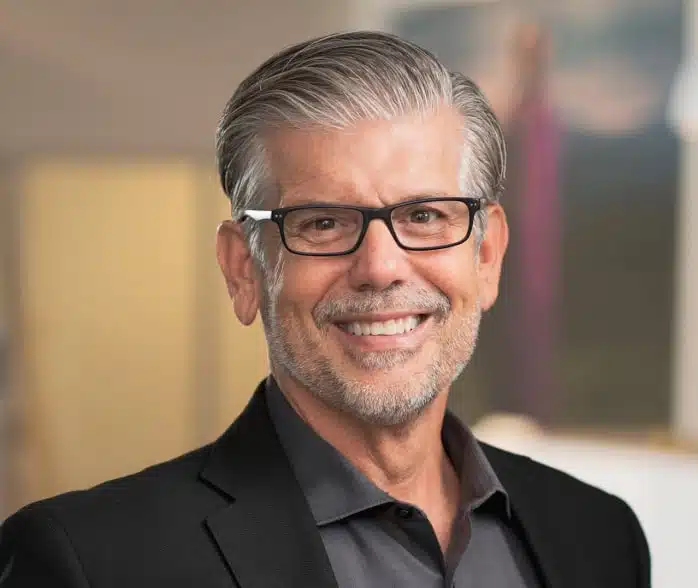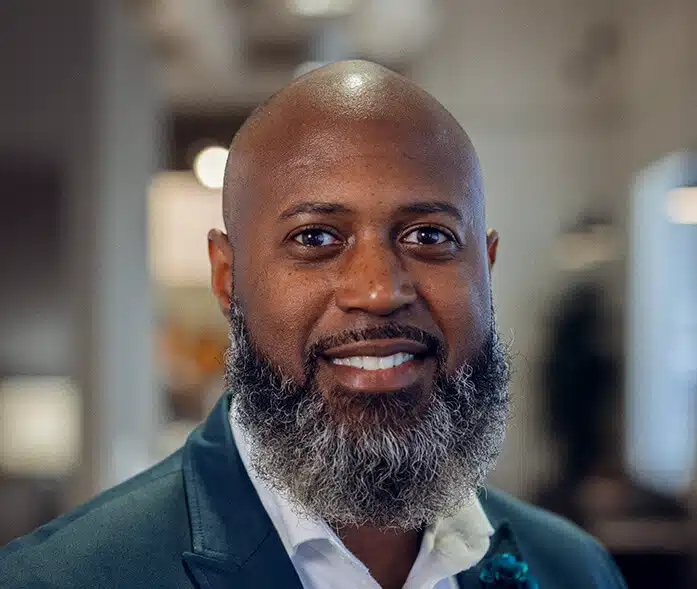Introducing Jesus to communities in the Democratic Republic of Congo
Jesus often used parables to drive home spiritual truths. Always intentional and purposeful, Jesus tailored His storytelling to those standing in front of him.
The book of Luke recounts such a time when Jesus was face-to-face with “some who had great confidence in their own righteousness and scorned everyone else” (18:9–14 NLT). He told them a parable that compared two men praying at the Jerusalem temple. They couldn’t have been more different.
The first man was a Pharisee, a Jewish religious leader whose body language revealed his pride. He stood alone, nose in the air, avoiding other worshipers. Smug with self-righteous rule keeping, his prayer went like this: “I thank you, God, that I am not like other people—cheaters, sinners, adulterers. I’m certainly not like that tax collector!” (v. 11). He wanted to be heard by people, not God.
Unlike the Pharisee, the tax collector beat his chest in guilt and shame. Perhaps he thought of what his fellow Jews spat at him in the marketplace: “Traitor!” His job cost him his good standing in the community. Even his family disowned him. All he could hope for was mercy. “O God,” he cried, “be merciful to me, for I am a sinner” (v. 13).
In the Democratic Republic of Congo, Mbala-speaking Bible storytellers told this parable to their community. A young doctor listened intently and saw himself in the Pharisee.
Recognizing his mistakes, Dr. Kis confessed he’d been living selfishly. He rarely listened to God’s Word and stayed away from church. As a marabout (traditional healer), he used rituals and charms to seek healing and good luck. But he admitted that if a patient came without money, he wouldn’t treat them.
Now sounding more like the tax collector, he asked the storytellers if a marabout like himself could be accepted by God. They told him the good news, and Dr. Kis asked Jesus to be his Lord and Savior. Immediately, his life began to change.
Yes, even a marabout—and anyone who trusts in Christ’s mercy instead of their own efforts—can be accepted by God.
Much like Jesus’ approach, Bible storytelling seeks to make spiritual truth accessible to those without Scripture in their language. Learn how you can help bring Bible stories to more people like the Mbala here!




























